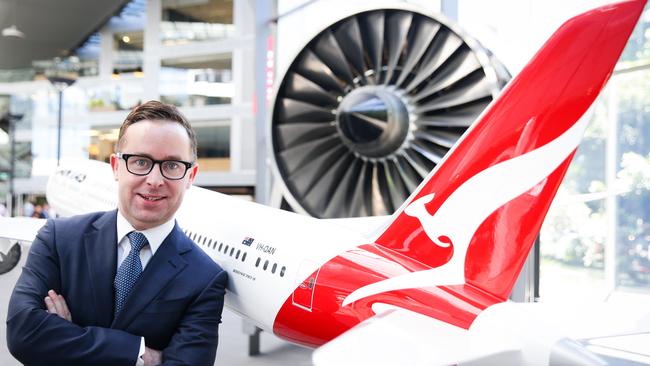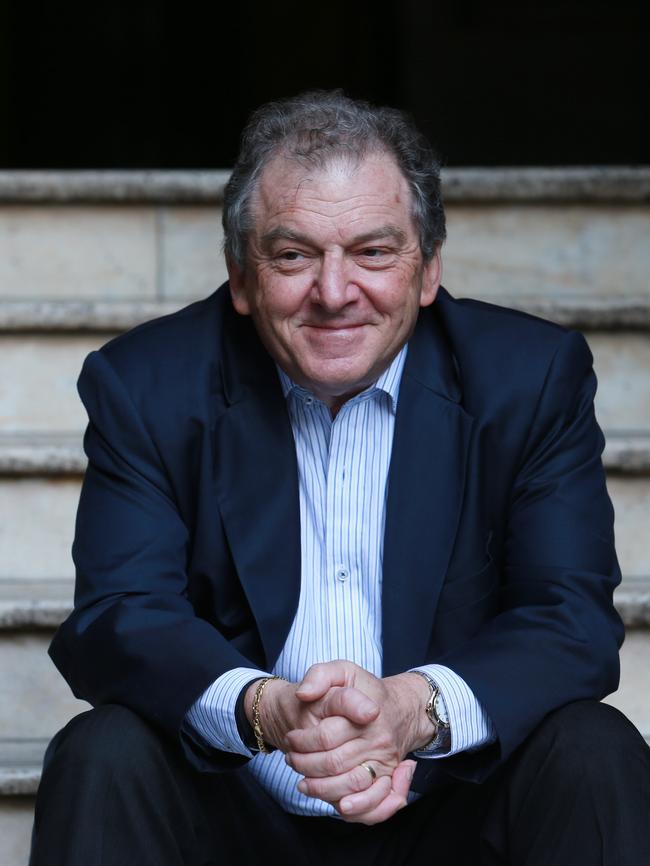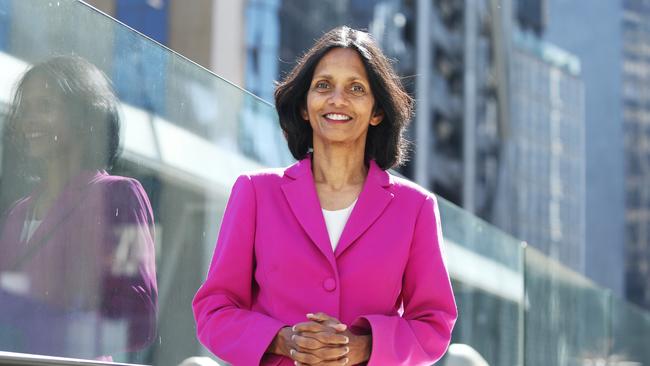Chief executives’ pay is under pressure and shareholders are likely to punish, say analysts
Shareholders are fed up with the contrast between soaring CEO salaries and sluggish wage growth and are likely to take their frustration out in 2024, analysts say.

Companies that continue to pay multimillion-dollar pay packets to chief executives while staff wages fail to keep pace with persistent inflation will face ongoing ructions with investors if they underperform on any metrics next year, financial experts say.
That anger is already being felt, with a 50 per cent jump in votes against remuneration reports at annual general meetings this year, according to investment bank Jarden.
“CEO salaries are out of sync with what’s happening in the rest of the workforce,” said Euree Asset Management’s Winston Sammut. “They are getting paid too much relative to what the lower end of the pyramid in the workforce is getting.”

There were eight CEOs who earned double-digit millions of dollars in reported pay during the 2022-23 year, excluding bonuses and long-term incentives, with an additional three CEOs reaching double-digit millions when those figures were estimated. The top earner was Shemara Wikramanayake from Macquarie Group on $30m, followed by Victor Herrero from Lovisa on $29m.
At the other end of the spectrum, real wage growth, which factors in wage growth and consumer prices, is now forecast to be just 0.25 per cent next year.
The average real wage (excluding mining and agriculture) was just over $106,590 in 2023, according to a Productivity Commission report.
“Wages haven’t kept pace with the cost-of-living rises and inflation, so I think there’s still going to be ongoing pressure next year,” Mr Sammut said.
The veteran fund manager expects the tight market to lead to “a little bit more unrest” even as Australian Bureau of Statistics data last week showed the unemployment rate had ticked up to an 18-month high of 3.9 per cent.
“We’re still having cost-of-living issues. Inflation isn’t coming down enough,” he said, pointing to the fact that even though last month’s rate was down from that of the previous month, at just under 5 per cent it was close to double the target rate.
In the US, the inflation rate has dropped from above 9 per cent in June last year to 3.2 per cent, leading to the likelihood that the US Federal Reserve will cut rates.
That won’t happen here in the short term, Mr Sammut said.
It’s a view shared by the chief investment officer of Atlas Funds Management, Hugh Dive, who said cost-of-living pressures had become an increasingly hot topic for investors.
“Managing inflation, rising interest costs and any signs of consumer demand falling away with the interest rate cliff” were key risks, Mr Dive said.
“I was wrong in 2023 to be cautious towards consumer discretionary as a sector, which rose 16 per cent,” he said. “(With the) fixed rate cliff and rising unemployment, I expected to see retail sales plummet.”

Mr Dive pointed to the rise in Collins Foods of 61 per cent, Flight Centre’s rise of 26 per cent and JB Hi-Fi, up 22 per cent. However, he pointed out that some areas had struggled, affecting companies such as Tabcorp and Dominos Pizza.
“Obviously consumers prefer KFC, travel and electrical goods to discount pizza and betting,” Mr Dive said.
However, he said that, overall, shareholder sentiment was “surprisingly positive”.
“A range of companies had record quarters, and were not rewarded for it in October, but we have seen a bounce back in November and December,” Mr Dive said.
While share prices in some companies may have bounced back there is no doubt that underperformers on any metric were punished harshly during AGM season.
Jarden head of environmental, social and governance research Michaela Jamison said companies such as Qantas, Magellan, Whitehaven and Lovisa were names that kept cropping up when she talked to a group of non-executive directors recently.
“I think the difference to previous AGM seasons is that in the past we’ve seen activism that’s been focused on the “E” on climate-related topics whereas this year that activism was much more centred on the “G”, on governance,” Ms Jamison said.
Not that the “E” was not still important. It “needs to be non-negotiable,” Ms Jamison said, but there were a lot of governance issues that resulted in poor performance, including 24 fatalities at 19 ASX-listed companies in the 2023 financial year. Two of the deaths were at supermarket giant Woolworths.
“So I think there has just been a little bit of a shift in focus,” Ms Jamison said.
At nine of the 21 companies identified that had a strike against their remuneration reports, it was seen as performance-related rather than pay related.

On average, those companies had underperformed the ASX 200 index by 27 per cent over the past year.
“It boiled down to issues around lagging performance, or lack of skin in the game, or complaints around acquisitions or other capital allocation decisions,” Ms Jamison said.
Even the controversy about companies getting actively involved in the campaign for the Indigenous voice to parliament came down to punishing companies that were failing at some important metric.
“It’s all coming back to alignment. Some of those actions investors see as outside of their core mandate,” Ms Jamison said.
“Investors are giving less latitude to companies if they are not performing. I can understand why there is probably a bit of angst around why are these companies going off and doing all these other things outside of their core purpose and strategies when really they just need to be focused on creating value and doing that in a responsible way.”








To join the conversation, please log in. Don't have an account? Register
Join the conversation, you are commenting as Logout